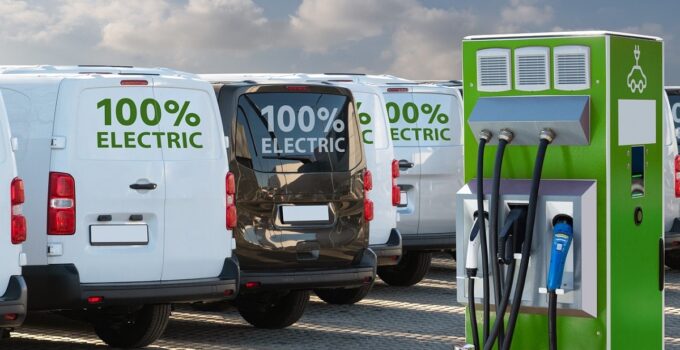As we roll into 2024, the buzz around electric vehicles (EVs) is louder than ever. But are you still on the fence about ditching gas for good? Let’s clear the air on some common misconceptions and see why an electric car might just be the best choice for your garage.
1. Electric Cars Don’t Have Enough Range
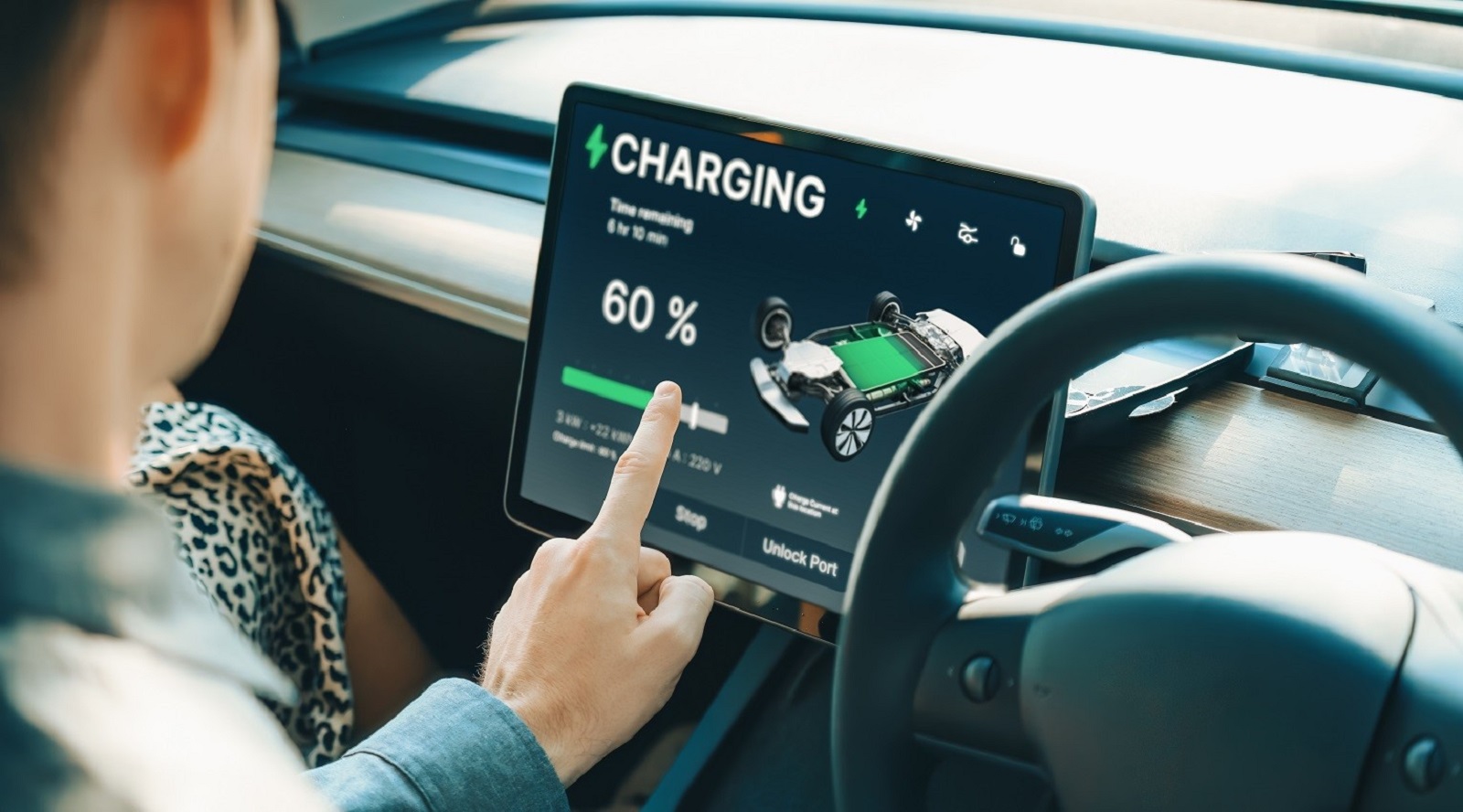
Image Credit: Shutterstock / Owlie Productions
Worried about getting stranded? Modern EVs have come a long way, with many models offering over 250 miles per charge. Some top-tier models push past 300 miles, rivaling the range of traditional gas cars.
2. Charging Stations Are Scarce
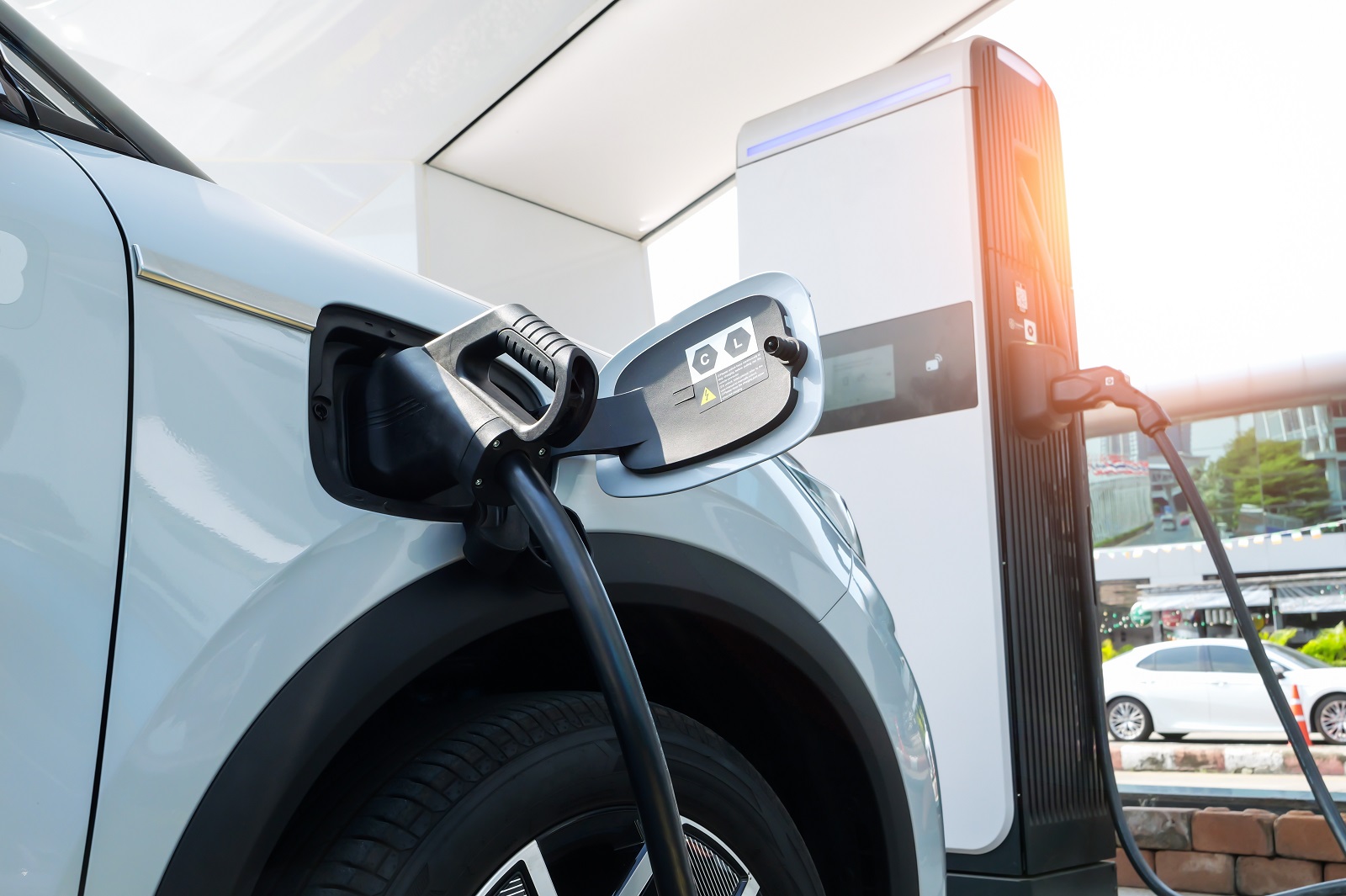
Image Credit: Shutterstock / JC_STOCKER
Though it once was a valid concern, today’s infrastructure paints a different picture. Charging stations are popping up at a rapid pace across the country, not to mention the convenience of home charging setups.
3. Electric Cars Are Too Expensive

Image Credit: Shutterstock / Roman Seliutin
Initial price tags might seem high, but consider the long-term savings on gas, maintenance, and even tax incentives. Over time, owning an EV becomes significantly cheaper than its gas-guzzling cousins.
4. They Don’t Perform Well
Gone are the days of EVs being glorified golf carts. Modern electric cars offer torque from the get-go, providing an exhilarating driving experience that often surpasses gas-powered vehicles.
5. Battery Replacement Costs a Fortune

Image Credit: Shutterstock / Somchai_Stock
While it’s true that replacing an EV battery is costly, the chances of needing one during your vehicle’s lifetime are slim. Batteries are designed to last and often come with warranties extending up to 10 years.
6. There Are No Fun Electric Cars
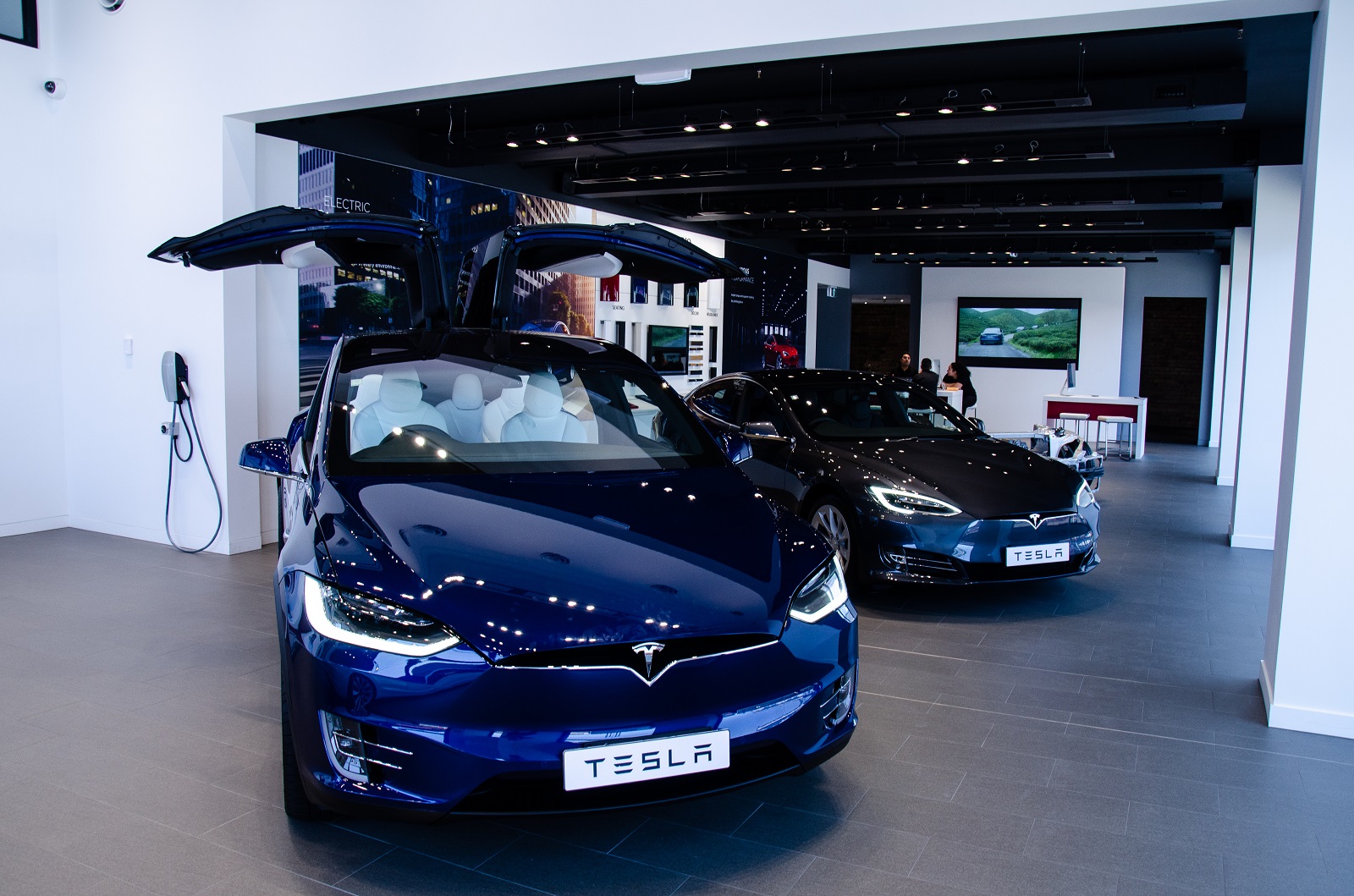
Image Credit: Shutterstock / Ben Wehrman
Think electric cars can’t be fun? Brands like Tesla have made their mark with sporty options, but there’s also a growing number of electric muscle cars and luxury models that promise both style and excitement.
7. Electric Cars Aren’t Truly Green
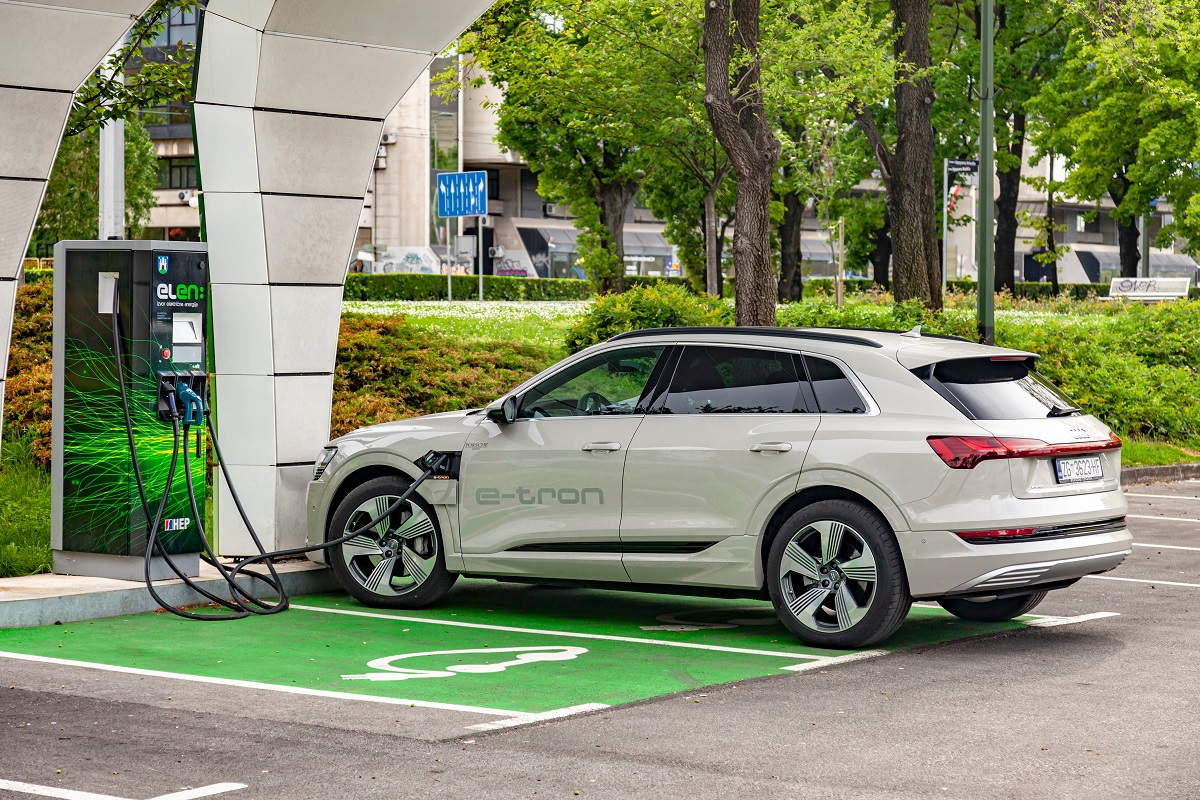
Image Credit: Shutterstock / supergenijalac
Some argue that the production of EVs and the generation of electricity still involve emissions. However, the overall footprint is significantly lower compared to traditional cars, and it’s improving with the increase in renewable energy sources.
8. Charging Takes Too Long
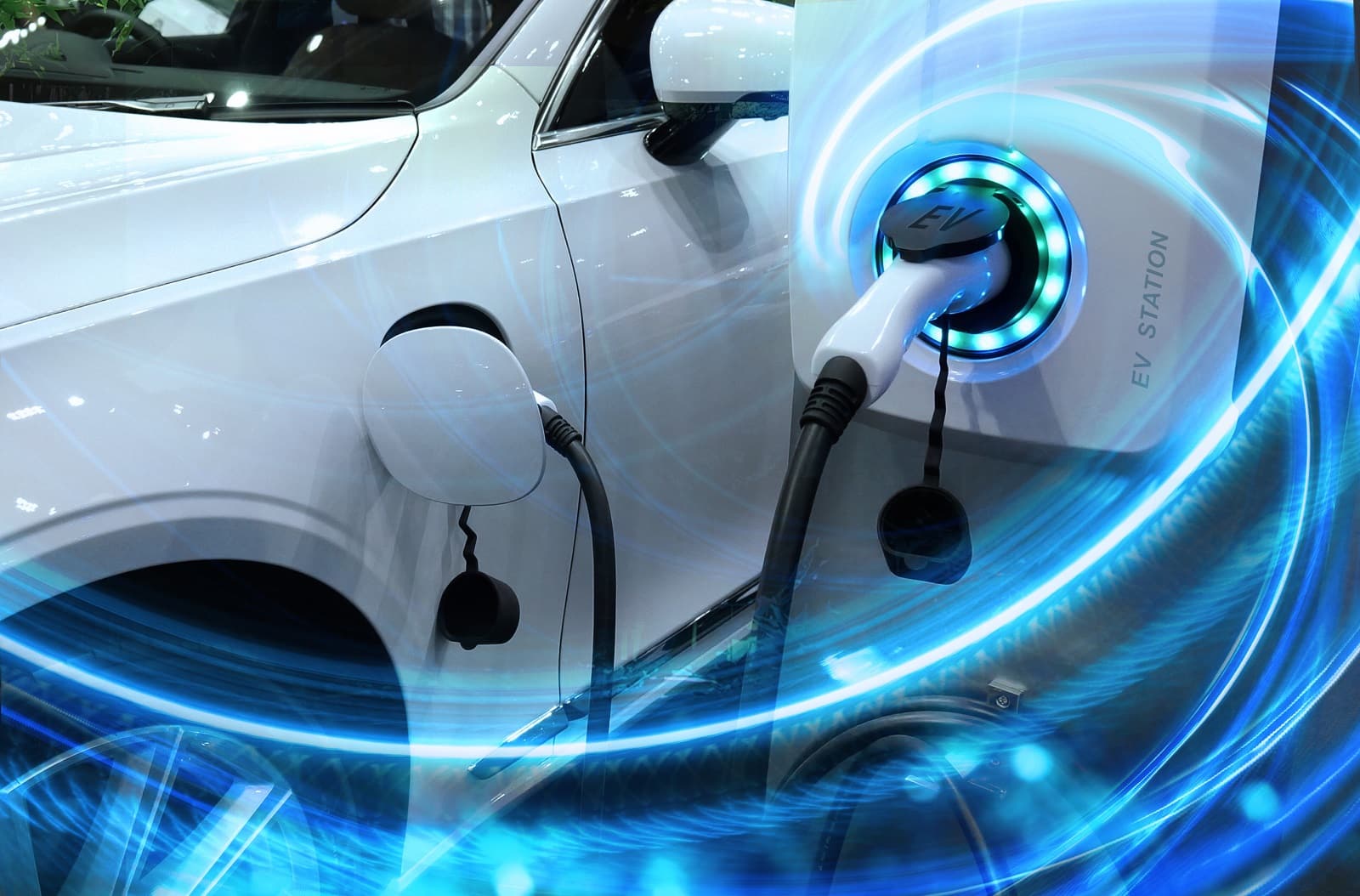
Image Credit: Shutterstock / buffaloboy
While charging an EV can take longer than filling a gas tank, overnight charging at home is akin to charging your smartphone – simple and convenient. Plus, fast-charging stations can juice up your car to 80% in under an hour.
9. They Can’t Handle Cold Weather

Image Credit: Shutterstock / Galina_Lya
It’s true that battery efficiency can drop in cold weather, but so does fuel efficiency in combustion engines. Advances in technology are rapidly mitigating these effects, making EVs increasingly reliable year-round.
10. Electric Vehicles Have Limited Styles
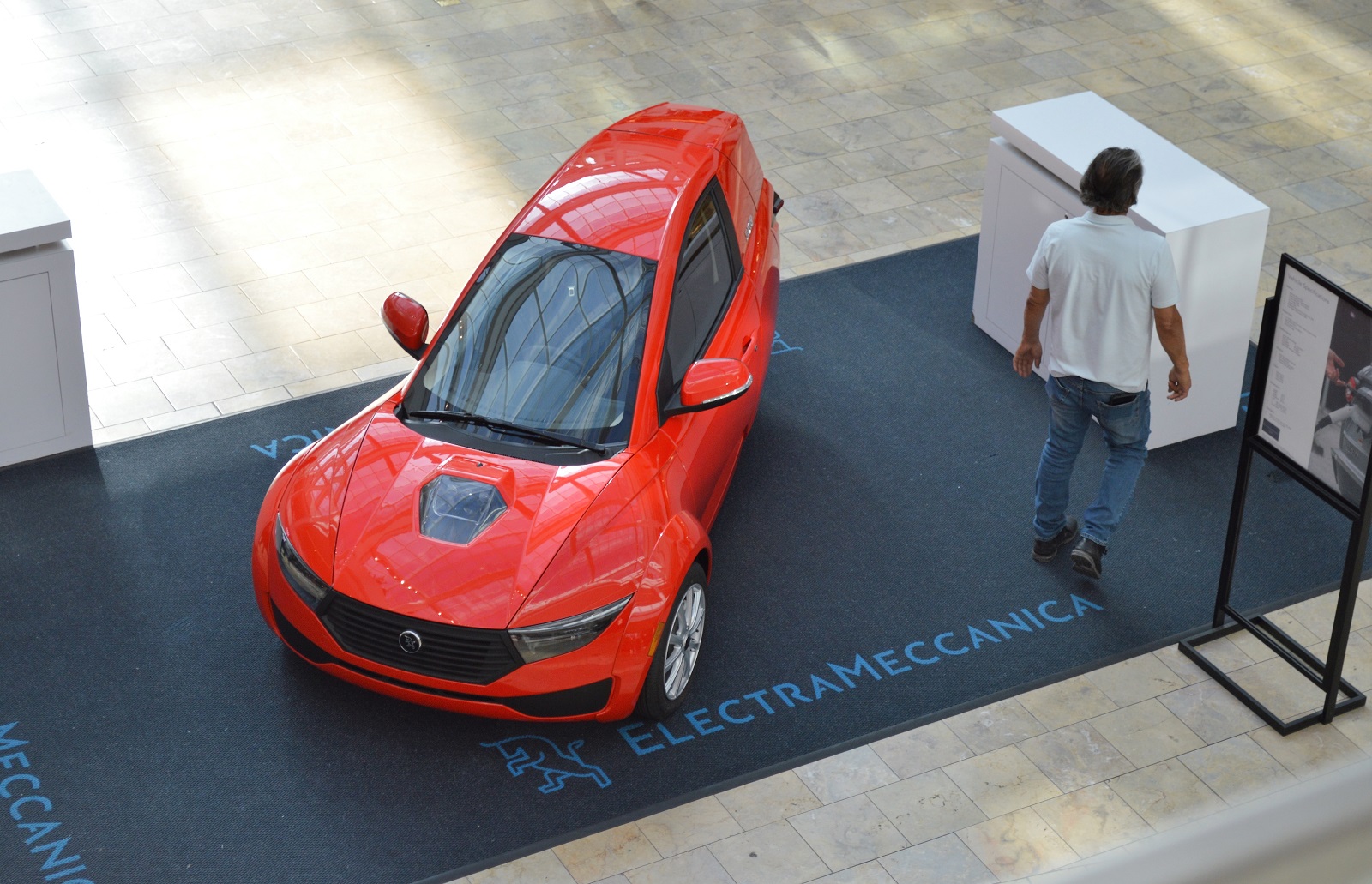
Image Credit: Shutterstock / Around the World Photos
Today’s market offers a wide variety of EVs, from compact cars and SUVs to trucks and high-end sports cars. There’s truly an electric vehicle to match any taste and lifestyle.
11. Resale Values Drop Quickly

Image Credit: Shutterstock / Crime Art
Unlike early models, today’s EVs hold their value much better, thanks to advancements in technology and growing market demand. Some models even retain value longer than traditional cars.
12. Repairing an EV Is Complicated

Image Credit: Shutterstock / Iryna Inshyna
While EVs do have sophisticated technology, they have fewer moving parts than conventional cars, which typically leads to less frequent and less complicated repairs.
13. Insurance Costs Are Higher for EVs

Image Credit: Shutterstock / Korawat photo shoot
While insurance costs can be higher due to the initial vehicle cost, many insurance companies are starting to offer special rates for EVs due to their safety features and lower risk of mechanical failure.
14. There’s No Second-Hand Market for EVs
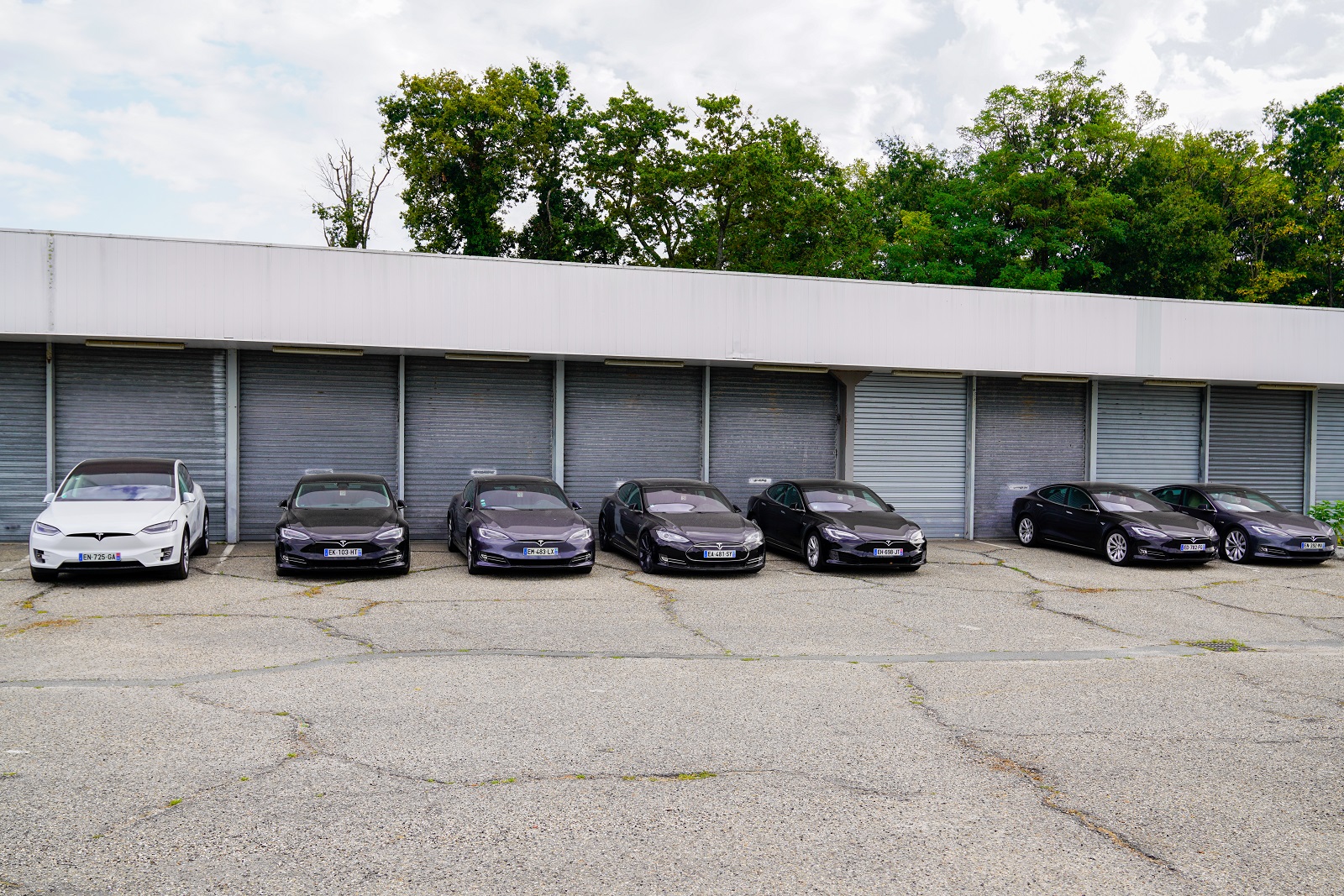
Image Credit: Shutterstock / sylv1rob1
The second-hand market for electric cars is growing as more vehicles enter the market and public confidence in the technology grows. Buying a used EV is becoming a viable option for many.
The Final Word
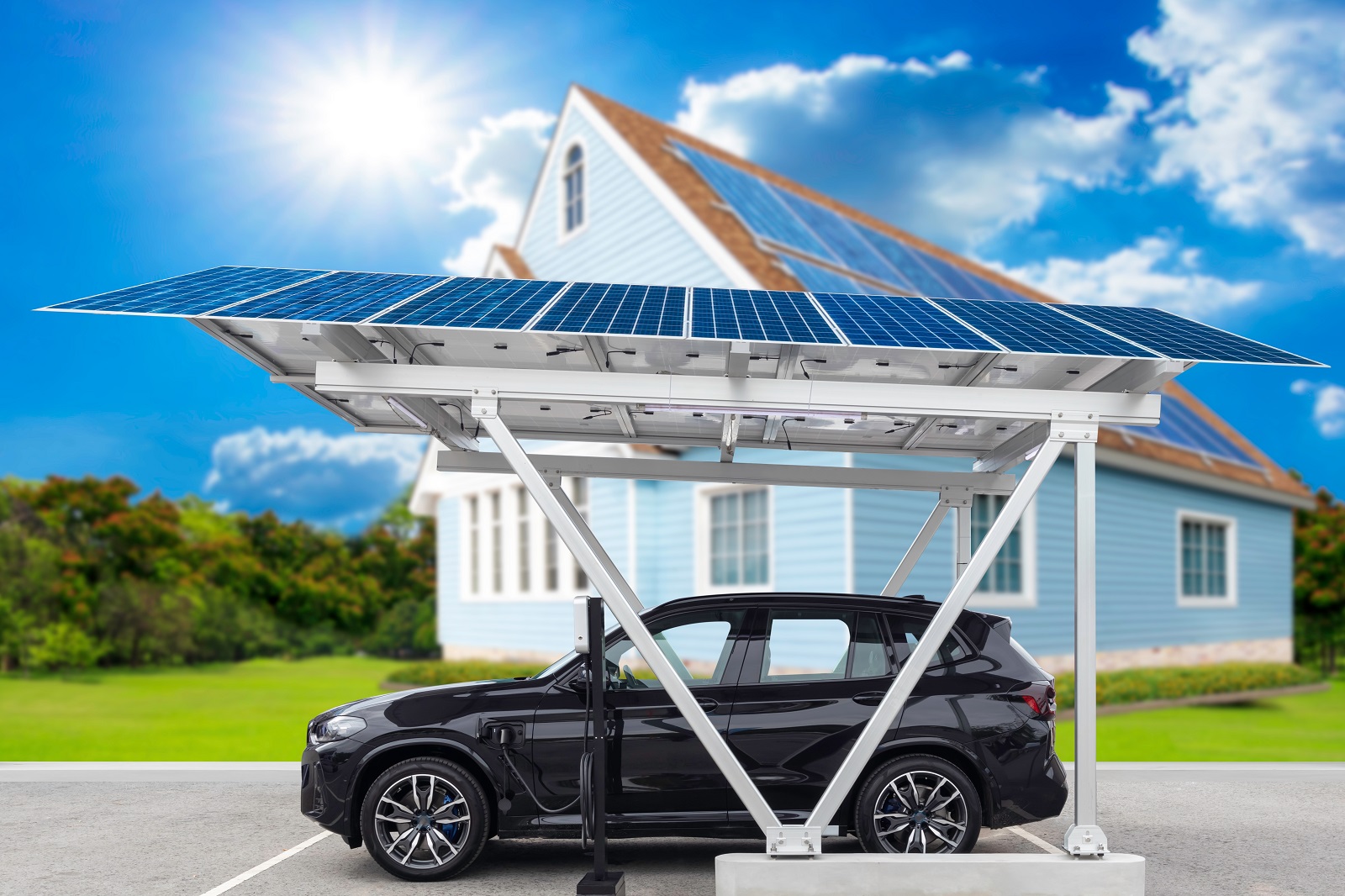
Image Credit: Shutterstock / Engineer studio
Still skeptical about electric cars? It’s okay to be cautious, but the tides are turning. As we move further into the 21st century, the benefits of going electric—both for your wallet and the world—become clearer. With the myths busted, maybe it’s time to consider making your next car electric. After all, common sense says that the future belongs to those who prepare for it today.
The post Why Your Next Car Should Be Electric: Debunking Myths in 2024 first appeared on Mechanic Insider.
Featured Image Credit: Shutterstock / Scharfsinn.
For transparency, this content was partly developed with AI assistance and carefully curated by an experienced editor to be informative and ensure accuracy.
